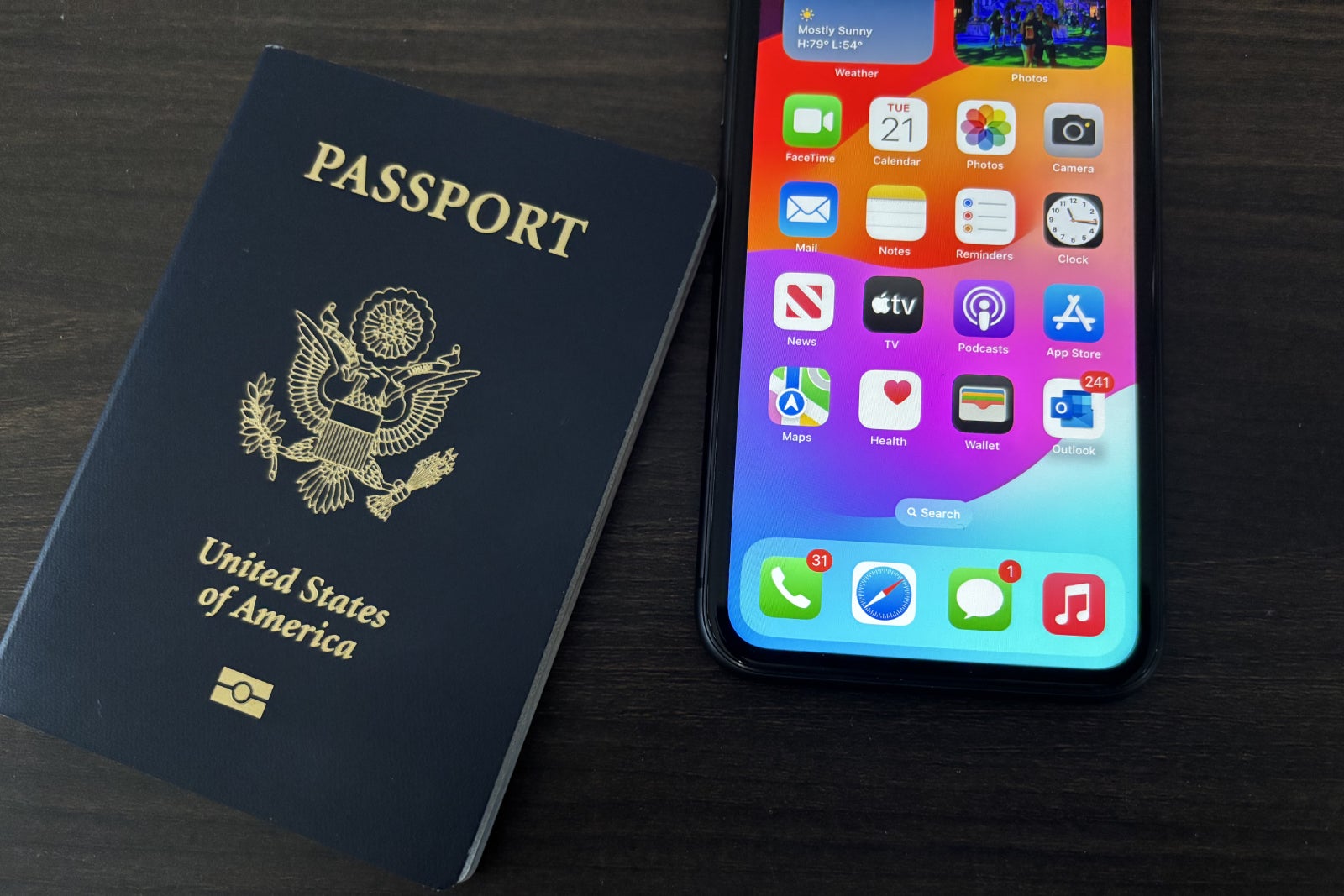Returning home from an international trip should be a moment of relief, but increasingly, it’s accompanied by a sense of unease. What was once a relatively straightforward process – navigating immigration and customs – is now marked by longer waits, more scrutiny, and a growing number of travelers facing unexpected complications.
Recent data reveals a disturbing trend: Global Entry, the trusted traveler program designed to expedite border crossings, is being revoked at a significantly higher rate since the start of 2024. This isn’t simply a matter of administrative errors; it signals a clear shift towards heightened border enforcement and a more cautious approach to who is granted expedited entry into the United States.
Global Entry participation requires rigorous vetting – background checks against criminal, law enforcement, and terrorist databases – and a personal interview. Yet, even with this level of scrutiny, revocations are occurring. The most common reasons include criminal charges, agricultural violations, and attempts to transport firearms through security checkpoints. This increase in revocations, coupled with more frequent stops for questioning and searches, has understandably left many travelers wondering about their rights.

While the vast majority of U.S. citizens pass through customs without incident, anyone can be stopped. U.S. Customs and Border Protection (CBP) officers have the authority to stop individuals, including citizens, to verify lawful entry and search for prohibited items. This can range from answering additional questions to submitting to bag, device, or even physical searches.
A crucial point to understand is that, according to the American Civil Liberties Union, U.S. citizens are only obligated to answer questions verifying their identity and citizenship. While refusing to answer routine travel questions *could* lead to delays or further inspection, you are not required to incriminate yourself. Having a lawyer’s contact information readily available is a prudent step, especially given the evolving landscape.
The question of device searches – phones, laptops, tablets – is particularly fraught with uncertainty. The government asserts the right to search electronic devices as an extension of the authority to search for contraband. However, the legal boundaries remain contested, with varying court rulings and no definitive national standard established by the Supreme Court.

You are not legally required to unlock your devices or provide passwords. However, refusing access can lead to confiscation for further inspection and potential delays. If your devices *are* seized, insist on a receipt documenting the seizure. CBP claims that less than 0.01 percent of travelers have their devices searched in 2024, but the implications of even that small percentage are significant.
Experts point out that device searches aren’t new, occurring across multiple administrations. However, the current climate raises concerns that these searches might be used to target individuals based on their beliefs or expressions. This is a chilling prospect, highlighting the importance of understanding your rights and protecting your digital privacy.
Your devices are, in essence, digital repositories of your life – your communications, beliefs, health information, and even your entertainment preferences. The potential for misinterpretation or misuse of this data is substantial. Protecting this information isn’t paranoia; it’s a reasonable response to a changing reality.

So, what can you do to safeguard your privacy when re-entering the U.S.? Travel with as few devices as possible. If a vacation doesn’t require your work laptop, leave it at home. Prioritize encryption on all your devices and, crucially, use a strong, unique passcode – not your birthday or a simple sequence.
Consider enabling airplane mode upon arrival, disconnecting from Wi-Fi and Bluetooth, to limit access to cloud-stored data. Remove sensitive data from your devices before traveling, or store it on an encrypted external drive left at home. Logging out of accounts can also add a layer of protection.
Ultimately, awareness is key. While most travelers experience no issues, the increasing reports of stops, searches, and detentions demand preparation. Have a plan for how you’ll respond if approached for questioning or a device search. Knowing your rights and taking proactive steps to protect your privacy can make all the difference.

The border crossing experience is evolving. By understanding the current landscape and taking appropriate precautions, you can navigate it with greater confidence and protect your fundamental rights.






